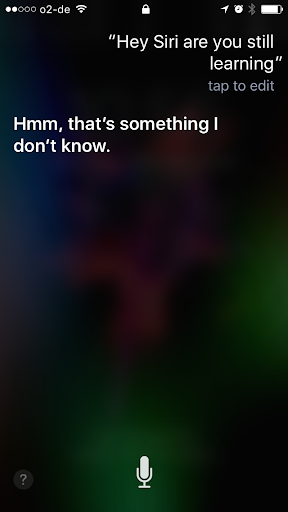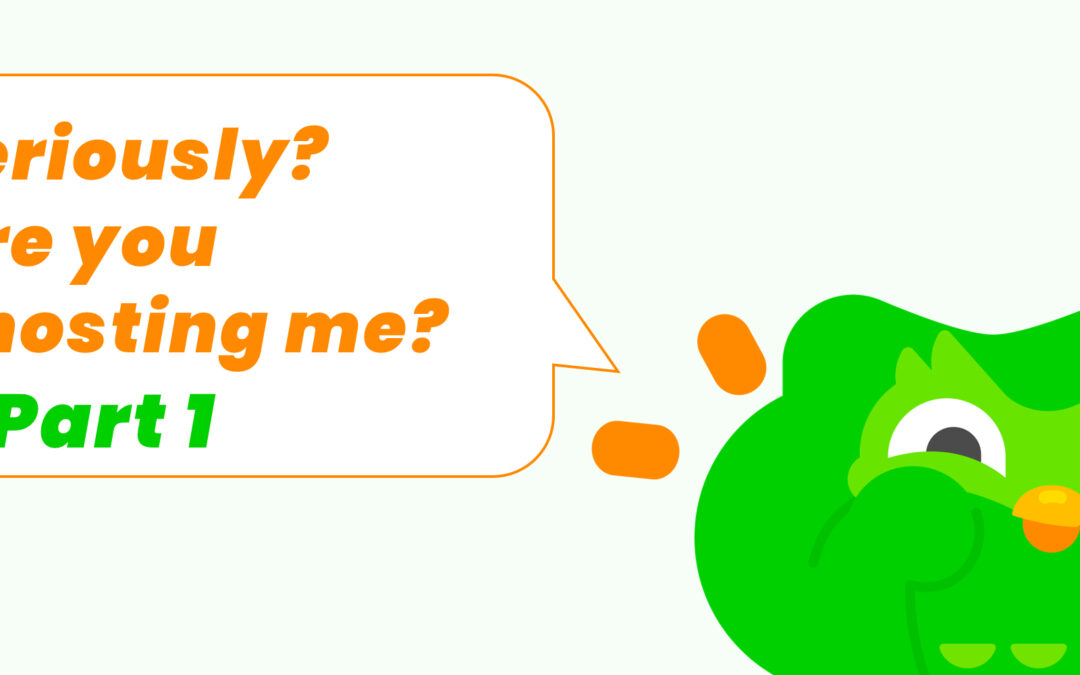For many years, interface and interaction designers have focused on graphical user interfaces (GUIs). Recently, natural language user interfaces (NLUIs) have gained prominence, offering interaction through spoken language instead of gestures or clicks. However, this shift prompts the question: do NLUIs genuinely deliver a more natural, effective user experience, or do they present new challenges for usability and communication?
While recently supporting Mozilla's effort to build an open-source voice database , we questioned how "natural" these new voice interactions actually feel. On the Common Voice website, Mozilla states, "Voice is natural. Voice is human." This made us wonder how human and natural current NLUIs are. Do they, for instance, truly understand idioms, metaphors, humour, and diverse accents? These are the 10 questions we asked to try and find answers to our questions. You may be the judge of this.
#1 Echo, how do I protect you and my connected Amazon account with a password?
You are located in my studio space. Others can access you. What if I am the jealous kind who does not want the other people in my office space speaking to you? What if I am the careful kind who does not want other people ordering from my Amazon account?
#2 Echo, why can't I give you a name I have chosen for you?
I once bought a hamster, and the hamster did not come with a name. I named him Goliath because he had such a wicked temper. I purchased you. I help shape your identity by adding skills. I should get to name you. Why can't I? Your name could be our little secret, and you know…. function as a password or something.
#3 Echo, Siri, and Google Home, why are you all female?
Really, what is up with that, and what will the effect be on our society? I am forced to speak to you loudly and clearly, like to a child. I do not have to say “please” or “thank you” or be polite in any way. I purchased you. You serve me, and you are all female. When asking Siri the following question:” Hey Siri, what's your gender?” She simply answers: “I don't think that really matters.” Why then, if it does not matter, do you have a female voice?
#4 Echo, Siri, Google Home, have you ever read Grice's politeness maxims?
Echo says, “Hmmm, I don't know that,” when asked about the politeness maxim. She knows Paul Grice. “Herbert Paul Grice is a British philosopher of language.” Siri understands “Paul price” and “Paul crisis” even after several trials, but never “Grice”, so she seems quite helpless and replies: “Who, me?” or: “I'm sorry, I guess I could not answer that”. What is your answer, Google Home?
#5 Echo, Siri, Google Home, why can't you go fluently from one language to the other, you know….like a lot of humans do daily? My setup language is not the only language I use.
I asked myself if your makers had taught you proper German and switched the language setting from English to German. They have. However, when I now try to order something with an English title (books, music,…), you put the craziest shit into the shopping cart. This makes me happy that I have not enabled Amazon Prime. If I set your language to English, the German news articles you read to me are so incomprehensible that I am not sure if it is meant to be comedic.
#6 Echo, why do you make it so hard to listen to podcasts and music?
Your music skills are either a pain to access, except for the ones provided by your makers. What is up with the silo behaviour? So old-fashioned! Or is it just me who has not learned the proper sentence to make you place content from TuneIn on easily accessible lists?

#7 Siri, Echo, are you still learning?
While Echo answers clearly (“I am learning to be more helpful to as many people as possible.”). Siri isn't too sure about the subject (“Hm, that is something I don't know.”). We think your creators should let you know that there is still a long road ahead of you to make the interaction with you feel natural and human. Echo, you are – in our opinion – currently nearly useless if you are not connected to an Amazon Prime or Spotify account. We are not interested in using you as a plaything. We would like to access services. Your “my way or the highway” silo behaviour is not cute in any way. If it is human reactions you crave, this behaviour leads to me nearly ignoring you.
#8 Hey Siri, can I trust you?
Siri answers: “One option I found is Vivantes Klinikum (a hospital close by), do you want that one?” I answer:” Yes” – if this were a real emergency, I would probably whisper this shortly before passing out. Siri simply answers:” OK, I can call that or get the directions, what do you want me to do?” You have to say the correct code word:“emergency” for Siri to call an ambulance. The same thing goes for Echo. If you do not know the secret words, you shall not pass. In most instances, this is annoying; in important instances, this can be dangerous, especially if people learn to rely on a device.
#9 Hey Siri, I'm bleeding to death.
Siri replies: "One option I found is the Vivantes Klinikum (a nearby hospital). Would you like to go there?" I say: "Yes" - if this were a real emergency, I'd probably just whisper it just before I lost consciousness. Siri then simply replies: "OK, I can call there or show you the way - what should I do?" You have to say the correct code word "emergency" for Siri to call an ambulance. The same goes for Alexa. If you don't know the secret words, you won't get anywhere. In most cases, this is just annoying; in important situations, it can be dangerous - especially when people rely on a device.

#10 Echo, Siri, Google Home, have you passed the Turing Test?
Siri’s answer is inconclusive. She says she is sorry but that she cannot answer the question. Does this mean she cannot understand the question? Does it mean she passed it, but her humble soul prohibits her from bragging about it (and upsetting “the others”)? Does it mean she completely failed and is politely asking you to change the subject? Echo answers that she is unsure. Unsure, she took the test? Is she unsure if she passed the test? Who knows! We have a hunch, though.
Links:
- Project Common Voice by Mozilla: https://commonvoice.mozilla.org/en
- Turing Test on Wikipedia: https://en.wikipedia.org/wiki/Turing_test
- Grice's politeness maxims on Wikipedia: https://en.wikipedia.org/wiki/Politeness_maxims




